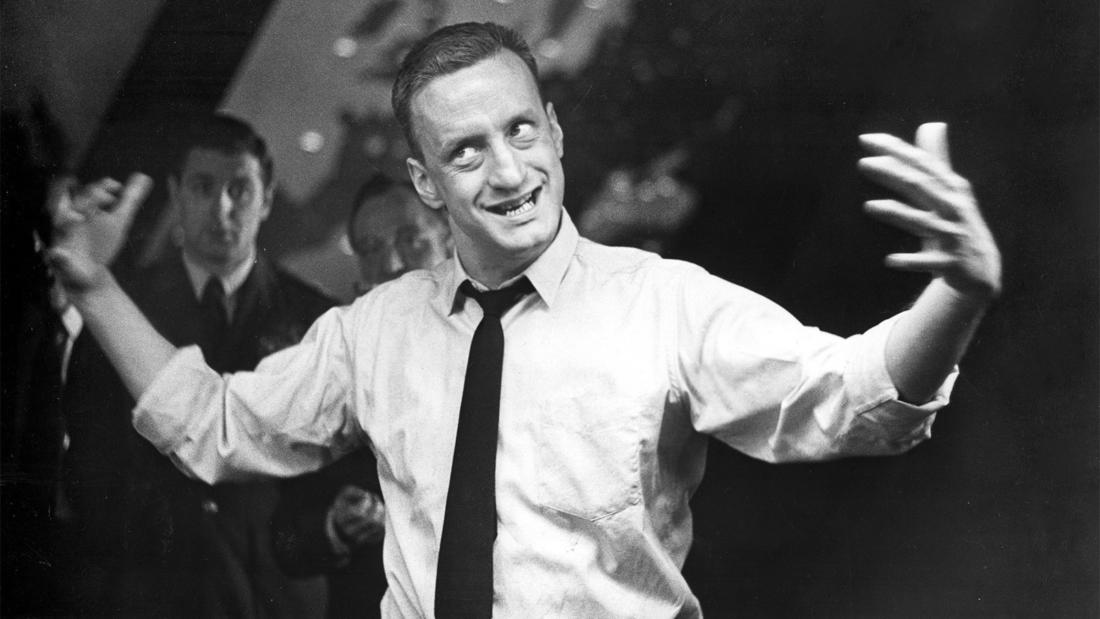
Coolidge Corner Theatre Brookline, MA
Muhamet Yildiz
Professor of Economics, MIT
Dr. Strangelove or: How I Learned to Stop Worrying and Love the Bomb— Game theory
Program Description
MIT Economics Professor Muhamet Yildiz discusses game theory and communication breakdown through the lens of Stanley Kubrick’s Dr. Strangelove, described by the Criterion Collection as "one of the fiercest satires of human folly ever to come out of Hollywood."
Presented At
Coolidge Corner Theatre Brookline, MA
Film Synopsis
An insane general triggers a path to nuclear holocaust that a war room full of politicians and generals frantically try to stop.
Loaded with thermonuclear weapons, a US bomber piloted by Major T. J. "King" Kong (Slim Pickens) is on a routine flight pattern near the Soviet Union when he receives orders to commence Wing Attack Plan R, best summarized by Major Kong as "Nuclear combat! Toe to toe with the Russkies!" On the ground at Burpelson Air Force Base, Group Captain Lionel Mandrake (Peter Sellers) notices nothing on the news about America being at war. He soon discovers that the order was given by the insane General Jack D. Ripper (Sterling Hayden), who believes that fluoridation of the American water supply is a Soviet plot to poison the US populace. Meanwhile, President Merkin Muffley (also Sellers) meets with his top Pentagon advisors, including super-hawk General Buck Turgidson (George C. Scott), who sees this as an opportunity to do something about Communism in general and Russians in particular. However, the ante is upped considerably when Soviet ambassador Alexi de Sadesky (Peter Bull) informs Muffley and his staff of the latest innovation in Soviet weapons technology: a "Doomsday Machine" that will destroy the entire world if the Russians are attacked. This acclaimed political satire black comedy from director, producer, and co-writer Stanley Kubrick was nominated for four Academy Awards.
About the Speaker
Muhamet Yildiz is a Professor of Economics at MIT Economics Department. He has been at MIT since he received his doctoral degree in 2000 from Stanford Graduate School of Business. He is an expert in Microeconomic Theory and Game Theory. His research focuses on the role of beliefs and incomplete information in strategic environments. He is known for his study on sensitivity of strategic behavior to higher-order beliefs (i.e. beliefs about other players’ beliefs). He has also extensively studied the emergence of biased beliefs and the impact of such biases in strategic environment focusing often negotiation delays and commination breakdown.